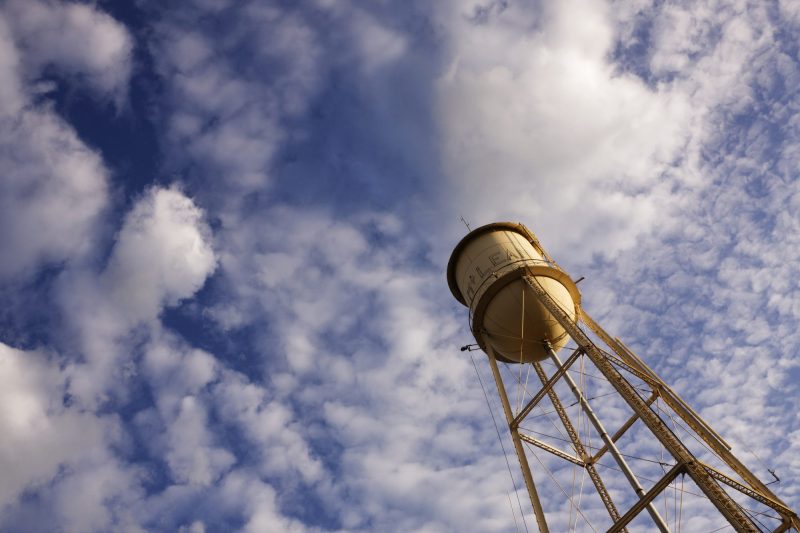By David W. Chen, Mark Walker and Kenneth P. Vogel | The New York Times
For decades, gambling has been the most important source of income for hundreds of Native American tribes. Now, in many parts of the country, the rapid spread of sports betting and online wagering is threatening to crimp that economic lifeline.
In Florida, the powerful Seminole tribe forged a lucrative deal to exclusively offer sports betting in the state, only to have the deal blocked by a lawsuit from casino companies.
In the Upper Peninsula of Michigan, one tribe saw its gambling revenue decline sharply last year because of chaos in the online betting business.
And in Arizona, traditional casinos and sports teams gobbled up 95 percent of the nascent sports-betting market, which will be on vivid display at Sunday’s Super Bowl in Glendale, where fans in attendance can bet on the game for the first time. Tribes that had relied on gambling are now scrounging for scraps; the leader of one tribe said he might have to ration food and water for its impoverished residents.
Tribal gambling took root in the early 1980s after Florida’s Seminole tribe opened a bingo hall, helping to make up for steep Reagan-era federal budget cuts to Native American tribes. In 1987, the Supreme Court ruled that tribes could conduct gambling on their own lands.








